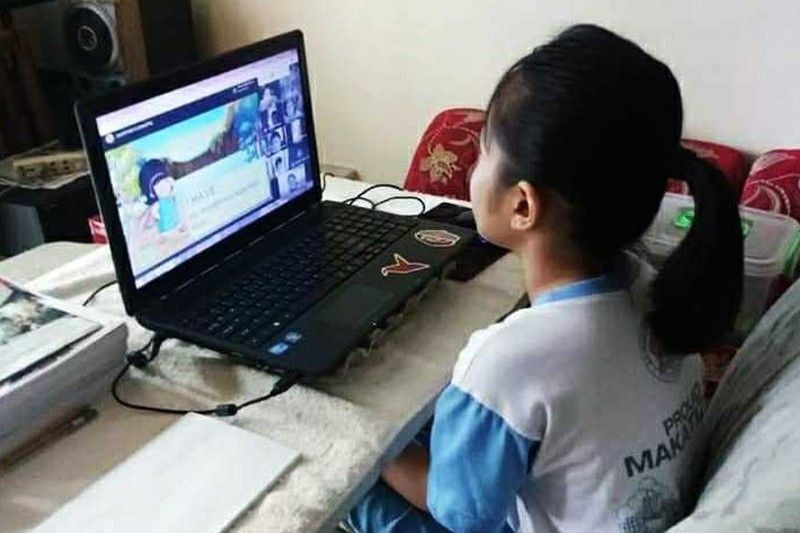Distance learning woes continue

MANILA, Philippines — The Philippines may have scored the highest in remote learning readiness among developing economies but children from the poorest families have yet to overcome the challenges caused by distance learning.
Based on the latest Remote Learning Readiness Index (RLRI) of the United Nations Children’s Fund (UNICEF), the Philippines is one of four countries that scored highest in terms of preparedness to deliver distance education.
The index covered 67 low and middle income economies. Of these, only four received five stars and 15 got four stars, both of which are above-average remote learning readiness.
Seventeen have average remote learning readiness and 31 countries have below-average remote learning readiness.
But, such a high score for the Philippines does not necessarily mean readiness for distance learning transcends across the board.
“Even in countries with the highest readiness for remote learning (Argentina, Barbados, Jamaica, and the Philippines), children from the poorest households do not have access to assets necessary for remote learning, so they face higher risks of falling further behind in their education,” UNICEF said.
“Available evidence at the country level suggests that even in the top-scoring countries, parents reported their children to learn less under the remote learning modalities,” it said.
UNICEF maintained that it is important to understand that having adequate remote learning readiness is only the first step in ensuring learning continues during schooling disruptions.
It noted that ongoing efforts should be made to design effective remote learning curricula for all children and promote their actual use.
Globally, 1.5 billion children were affected by school closures, roughly 90 percent of total enrolled learners in 194 countries.
The index is composed of three domains namely, household level factors, policy response capacity, and emergency preparedness.
Of the three, the Philippines received the highest score in policy response capacity and emergency preparedness but it only got an average score in household level factors.
The household level factor seeks to identify availability in the home of key technological assets needed to access remote learning, such as a radio, television, computer, mobile phones, and access to the internet, as well as the extent of support available at the household level.
Unfortunately, the poorest 20 percent in the Philippines had zero access to computers and only limited access to radio and television. The dominant was mobile phones at 75 percent.
“It is likely that despite having a high RLRI score at the national level, the poorest and most disadvantaged children in these countries remain out of reach due to a lack of access to remote learning modalities,” UNICEF said.
UNICEF emphasized that the index highlighted the importance of investment into remote and digital tools to deliver education, which, however, should not be done at the expense of in-person learning.
While the resilience of education systems to pivot in the face of extreme situations is crucial, the UN agency argued that the ability to go to school remains paramount for children’s overall development and well-being.
Initial estimates from the National Economic and Development Authority showed that the continued school closure in the country will not only have long-term scars on students but will also cost the economy some P11 trillion over the next four decades.
- Latest
- Trending































